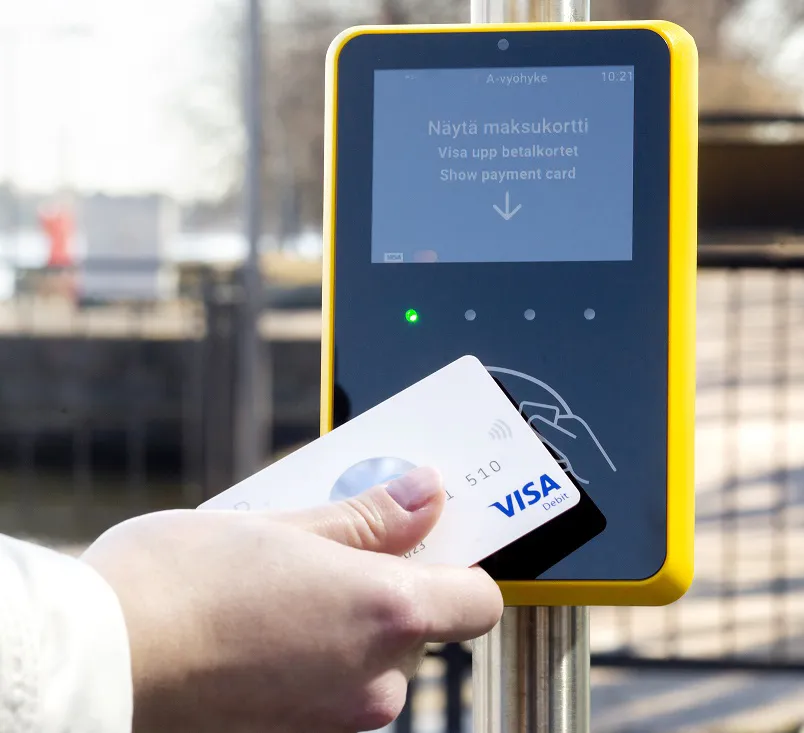Money is changing. Despite some widely-publicised recent problems, the Bitcoin system is now worth around €7 billion ($8.9 billion) and other ‘crypto-currencies’ such as Ripple are gaining momentum. The success of these pioneers shows that customers are increasingly ready to consider payment systems that are different from traditional dollars, euros and yen.
November 3, 2014
Read time: 2 mins
Money is changing. Despite some widely-publicised recent problems, the Bitcoin system is now worth around €7 billion ($8.9 billion) and other ‘crypto-currencies’ such as Ripple are gaining momentum.
The success of these pioneers shows that customers are increasingly ready to consider payment systems that are different from traditional dollars, euros and yen. But how mature are these new systems? Are they near the point at which ordinary consumers, not just those interested in technology, will start to use them? Will governments allow them to become parallel currencies? What are the dangers of criminals using them to hide their financial transactions? The importance of crypto-currencies is discussed in several presentations throughout today. A panel discussion, ‘The future of Bitcoin’, will consider whether governments may step in to regulate the Bitcoin universe. If they do so, will that remove the anonymous nature of transactions? Chaired by Windsor Holden, research director at Juniper Research, the session will include Eric Larcheveque, CEO of La Maison du Bitcoin and Pierre Noizat, COO and co-founder of Paymium. Sessions throughout the day will look at the benefits of Bitcoin and other crypto- currencies. In one of the most intriguing of these, Richard Perry, vice-president sales, Europe, Middle East and Africa for Biocatch, will tell the audience ‘How to become a successful Bitcoin thief’. Speakers will also consider ‘The future of cash’ and ‘The new generation of digital wallets’. Traditional methods of payment will not disappear quickly, however. And industry experts will also give advice on how legacy service providers can benefit from the new payment methods by completing and integrating services for merchants and buyers using the new systems.
‘Wallets, Bitcoins, new means of payments’,
9:30 - 17:00 Room 2
The success of these pioneers shows that customers are increasingly ready to consider payment systems that are different from traditional dollars, euros and yen. But how mature are these new systems? Are they near the point at which ordinary consumers, not just those interested in technology, will start to use them? Will governments allow them to become parallel currencies? What are the dangers of criminals using them to hide their financial transactions? The importance of crypto-currencies is discussed in several presentations throughout today. A panel discussion, ‘The future of Bitcoin’, will consider whether governments may step in to regulate the Bitcoin universe. If they do so, will that remove the anonymous nature of transactions? Chaired by Windsor Holden, research director at Juniper Research, the session will include Eric Larcheveque, CEO of La Maison du Bitcoin and Pierre Noizat, COO and co-founder of Paymium. Sessions throughout the day will look at the benefits of Bitcoin and other crypto- currencies. In one of the most intriguing of these, Richard Perry, vice-president sales, Europe, Middle East and Africa for Biocatch, will tell the audience ‘How to become a successful Bitcoin thief’. Speakers will also consider ‘The future of cash’ and ‘The new generation of digital wallets’. Traditional methods of payment will not disappear quickly, however. And industry experts will also give advice on how legacy service providers can benefit from the new payment methods by completing and integrating services for merchants and buyers using the new systems.
‘Wallets, Bitcoins, new means of payments’,
9:30 - 17:00 Room 2









